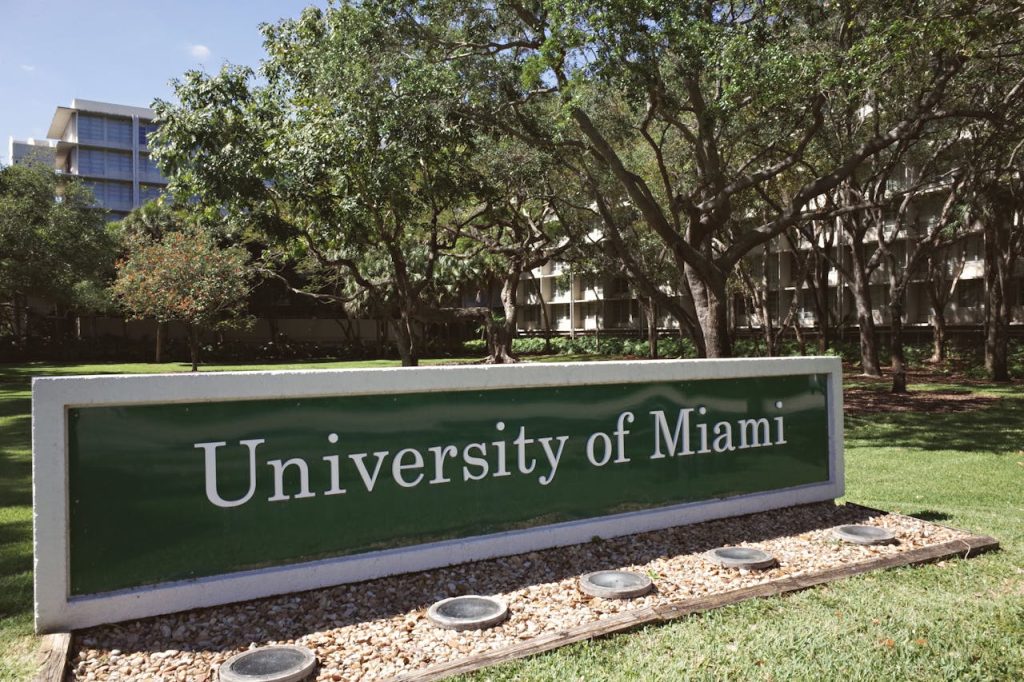
A college visit is your chance to evaluate a school, but it’s also an opportunity for coaches to assess you. I remember watching a season of Hard Knocks, where coaches were asking really fast/tough interview questions to determine if select quarterbacks would be a good fit for their team. During my college visits, I don’t recall getting asked too many tough questions, but, being prepared with answers did help me feel comfortable and confident when speaking with coaches. Even thought they might have the answers to these questions already, many coaches want to hear from you about your goals, work ethic, and personality. Being prepared with thoughtful answers can help set you apart from other recruits. Here are 11 questions (including those that might be tough to answer) to help you get ready before you show up to campus.
11 Questions You Should Be Ready to Answer on a College Visit
1. Why do you want to play for our program? Coaches want to know that you’ve done your research and aren’t just considering them as a backup option. Be specific—mention their playing style, coaching philosophy, or the academic opportunities the school offers.
2. What are your biggest strengths as an athlete? Be ready to highlight your best skills, work ethic, or leadership qualities that make you an asset to the team.
3. What areas of your game need the most improvement? This question tests your self-awareness and coachability. Be honest about what you’re working on and show that you’re committed to improvement.
4. How do you handle competition and adversity? Coaches want mentally tough players. Share an example of how you responded to losing a starting spot, dealing with injuries, or facing a tough opponent.
5. What are your academic goals, and how do you balance school and sports? Many athletes struggle to manage their workload. Show that you’re disciplined by explaining your study habits, time management skills, and academic priorities.
6. What kind of coaching style do you respond best to? Some coaches are hard-nosed and intense, while others take a more supportive approach. Be honest about the type of coaching that pushes you to perform your best.
7. How do you contribute to a team beyond your athletic ability? Coaches value leaders, positive teammates, and players who bring energy even when they’re not in the game. Think about how you impact a team’s culture.
8. Have you had any injuries, and how did you recover from them? If you’ve dealt with injuries, be upfront about them. Coaches want to see if you’re resilient, committed to rehab, and capable of staying healthy.
9. What do you like to do outside of sports? Coaches recruit people, not just players. Having hobbies, interests, or leadership roles outside of sports shows maturity and balance.
10. If multiple schools offer you a spot, how will you make your decision? This helps coaches understand what factors—playing time, academics, NIL opportunities, campus culture, location—matter most in your decision-making process.
11. Tell me about that time you were involved with [a fight, confrontation, poor grades, etc. here]? No athlete is perfect, and maybe you’ve been involved in a fight during a game, a confrontation with a coach, or some other incident that reached your recruiters desk. My advice? Be honest. The world of sports is so small, so if you were involved in any problem that you’re not proud of, keep it real. Do your best to explain what happened, why you regret it, and how you are using the situation to learn and grow as an athlete and as a person.
A college visit is a two-way interview. Just as you’re evaluating the school, coaches are assessing if you’re a good fit for their program. Being prepared to answer these questions confidently can set you apart from other recruits and show that you’re serious about both your athletic and academic future.